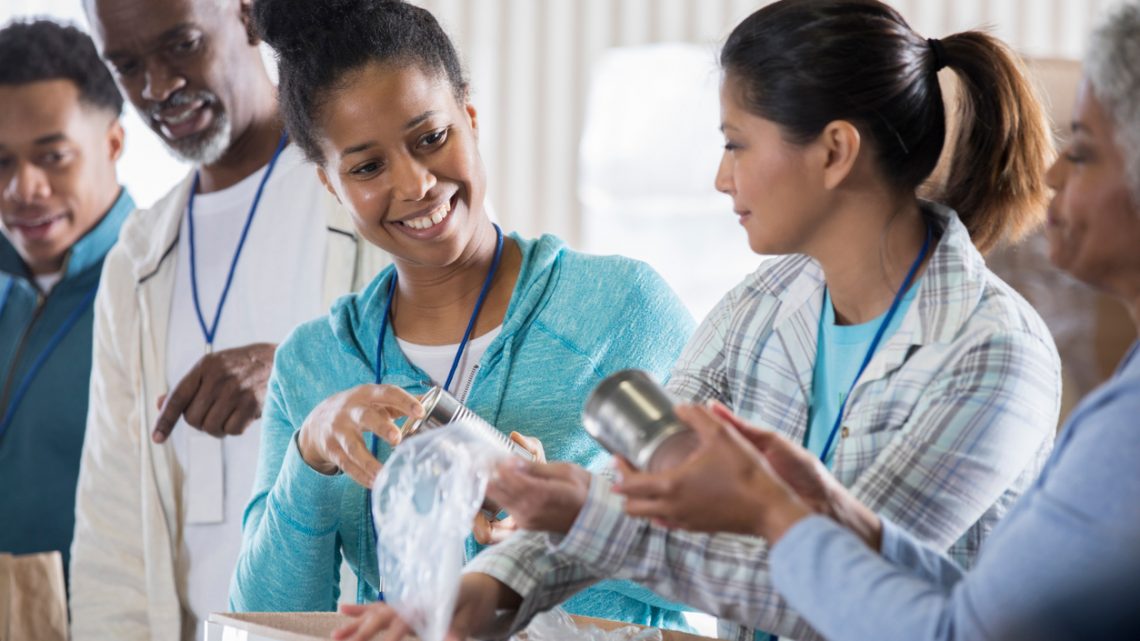Ancient words of wisdom from the Bible tell us that it is more blessed to give than to receive (Acts 20:35) and that those who are kind to others benefit themselves (Prov. 11:17). Today this truth has been verified by modern research. Although some people say they feel too stressed and busy to worry about helping others, there are multiple documented health benefits to doing good, according to the Mental Health Foundation that serves Scotland, Wales and Northern Ireland.1
In its report on altruism and wellbeing, the MHF lists some of the benefits of helping others by showing kindness and generosity:
- Reduces stress
- Encourages physical activity
- Distracts us from personal problems
- Improves self-esteem
- Improves our social relationships
- Shows us perspectives other than our own
- Creates a sense of belonging
- Reduces isolation
- Decreases negative feelings
- Gives our lives new purpose
In addition, helping others may even produce a sense of euphoria akin to the sensation we get from eating good food.2
Evidence further suggests that older people in particular can gain a great deal from formal volunteering, which can reduce social isolation, since later in life our networks may be shrinking due to immobility or loss of friends and loved ones.
Volunteering, mentoring and RAKs
Carrying out good deeds doesn’t need to take a lot of time or even cost money. Small actions can make a big difference. Even something as simple as holding the door open for a stranger, smiling at someone, listening to them or forgiving them if needed can boost mental and emotional health for both of you.
In one study cited in the MHF report, students were asked to carry out five random acts of kindness (RAKs) per week (e.g., donating blood, helping a friend with a problem, visiting sick relatives). Over a span of six weeks these activities improved wellbeing in students who participated, in comparison to non-participating students. Even better, the evidence showed that the benefits of helping others can continue beyond the act itself by functioning as a “kindness bank” of pleasant memories that can be accessed in the future.
Another study demonstrated that acts of kindness have the potential for cyclical repetition, thereby creating healthy habits that can continue improving one’s self-confidence, happiness and optimism. RAKs may also encourage replication by others.
Choosing kindness
Helping other people may not seem like a priority if we are short on time and resources, or if we are desperately trying to maintain control of our lives. However, being kind to others is something we can actually control. Every day we can choose our attitudes and our words.
Everyone can contribute something to make the world a better place. And being helpful and kind can improve the health and wellbeing of everyone in our families, our churches and our communities.
Sources
1. www.mentalhealth.org.uk/
2. www.mentalhealth.org.uk/publications/doing-good-altruism-and-wellbeing-age-austerity









